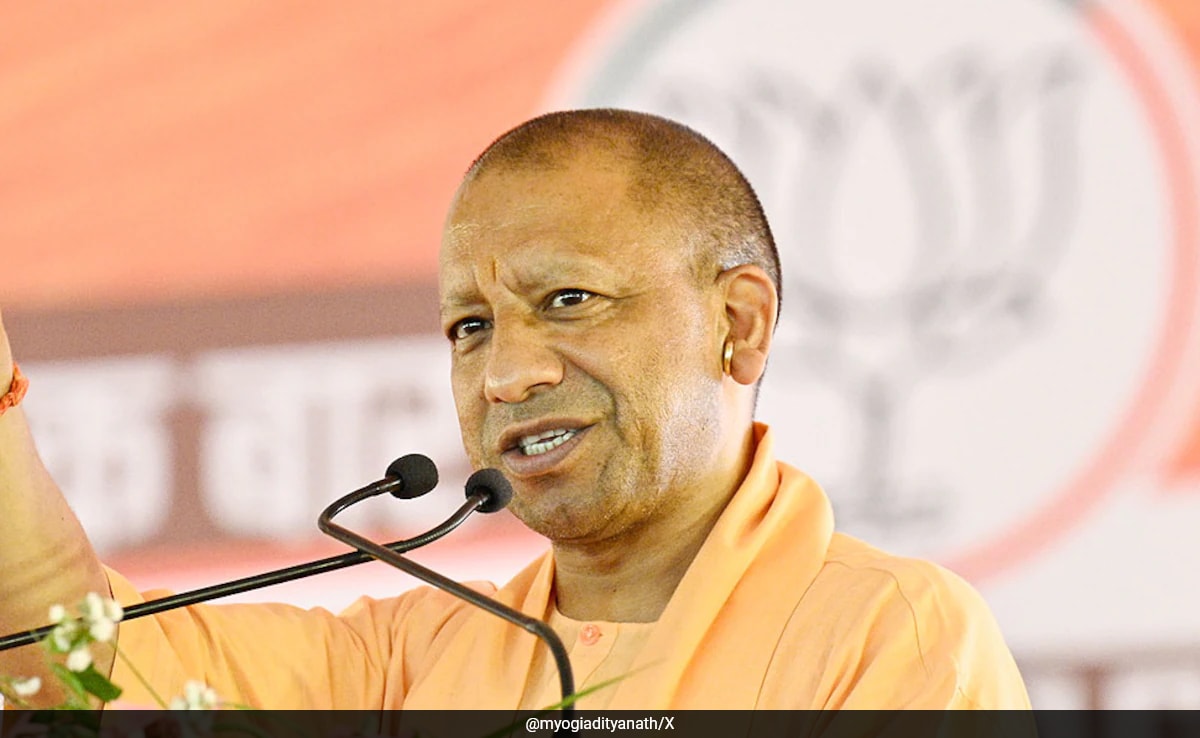A British court ruled on Tuesday that Julian Assange cannot be extradited to the United States on espionage charges unless U.S. authorities guarantee that he will not face the death penalty, leaving the WikiLeaks founder to comment on the website’s ” A partial victory in the long-running legal battle against WikiLeaks. U.S. Secret Documents.
Two High Court judges said they would allow Assange to file a new appeal unless U.S. authorities provided further assurances about his treatment within three weeks. The ruling means that a legal saga that has dragged on for more than a decade will continue, with Assange remaining in London’s high-security Belmarsh prison, where he has spent the past five years.
Justices Victoria Sharp and Jeremy Johnson said the United States must guarantee Australian Assange “the same First Amendment protections as an American citizen without the death penalty.”
The judges said that if the United States makes new assurances, “we will give the parties an opportunity to provide further submissions before we make a final decision on our application for leave to appeal.” If the United States makes those submissions, it will be on May 20, the judges said. A hearing will be held on the day.
Assange’s supporters say he is a journalist protected by the First Amendment and is in the public interest by exposing U.S. military wrongdoing in Iraq and Afghanistan.They argue that his prosecution is politically motivated and that he cannot get a fair trial in the United States
Stella Assange, Assange’s wife, said the WikiLeaks founder was “persecuted for exposing the true cost of war in human life.”
“The Biden administration should not be making guarantees. They should drop this disgraceful case, which should never have been brought,” she said outside London’s High Court.
The ruling followed a two-day hearing at the High Court in February, in which Assange’s lawyer Edward Fitzgerald said US authorities were seeking to punish him because of WikiLeaks’ “exposure on an unprecedented scale” “criminal conduct by the United States government,” including torture and killing.
The U.S. government said Assange’s conduct went beyond the bounds of journalism by soliciting, stealing and indiscriminately publishing confidential government documents that endangered innocent lives.
The judge rejected six of Assange’s nine grounds of appeal, including accusations that his prosecution was political. They said that while Assange “acted out of political conviction… this does not mean that the request for his extradition was motivated by his political views”.
They accepted three grounds of appeal: a threat to Assange’s freedom of expression, Assange’s claim that he faced a disadvantage because he was not a U.S. citizen and the risk that he could be sentenced to death.
U.S. authorities pledged that Assange would not be sentenced to death, but the judge said, “Nothing in the existing assurances expressly prevents the imposition of the death penalty.”
Assange, a 52-year-old Australian computer expert, was indicted in the United States on charges that WikiLeaks released hundreds of thousands of classified documents in 2010.
U.S. prosecutors say he conspired with U.S. Army intelligence analyst Chelsea Manning to hack into Pentagon computers and leak secret diplomatic cables and military documents related to the wars in Iraq and Afghanistan.
Assange faces 17 counts of espionage and one charge of computer misuse. His lawyers said he could be sentenced to up to 175 years in prison if convicted, although U.S. authorities said the sentence could be much lower.
Assange’s wife and supporters say his physical and mental health has suffered during more than a decade of legal battles, including seven years of self-imposed exile at the Ecuadorian embassy in London and the past five years in prison.
Assange’s legal troubles began in 2010, when he was arrested in London at the request of Sweden, which wanted to question him over rape and sexual assault accusations made by two women. In 2012, Assange jumped bail and sneaked into the Ecuadorian embassy to seek asylum.
Relations between Assange and his hosts eventually soured, and he was expelled from the embassy in April 2019. British police immediately arrested and imprisoned him for breaching bail in 2012. Sweden dropped its sex crimes investigation in November 2019 because too much time had passed.
A British district court judge rejected a U.S. extradition request in 2021 on the grounds that Assange was likely to commit suicide if imprisoned in harsh prison conditions in the United States. The high court overturned the decision after receiving assurances from the United States about its treatment. The British government signed an extradition order in June 2022.
Follow us on Google news ,Twitter , and Join Whatsapp Group of thelocalreport.in

















